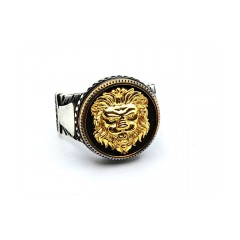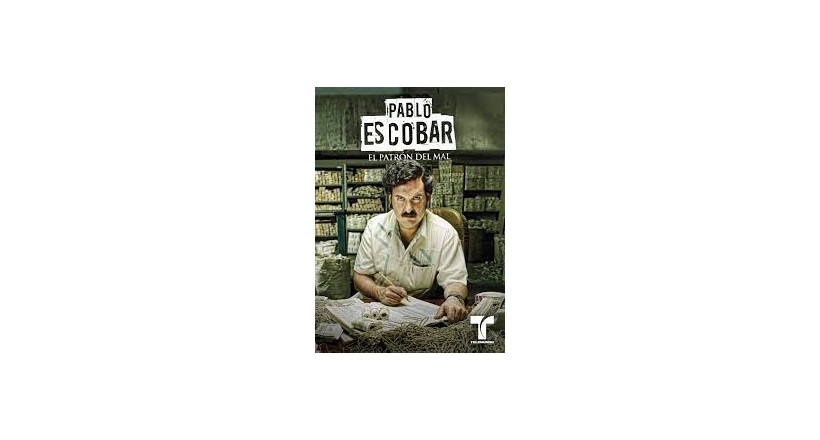Pablo Emilio Escobar Gaviria (Spanish: Pablo Emilio Escobar Gaviria), (December 1, 1949 - December 2, 1993) was a Colombian drug baron and politician, founder and leader of the Medellín criminal organization.
Born from a peasant family, Escobar showed his business skills from a young age. He began his criminal career in the late 1960s in smuggling, and in the early 1980s he was involved in the production and marketing of marijuana and cocaine abroad. Escobar founded the Medellín Cartel after he formed alliances with Gonzalo Rodriguez Gucha, Carlos Lehder, and Jorge Luis Ochoa. At the height of its power, the organization monopolized cocaine activity from production to consumption, and controlled more than 80% of the global production of drugs and 75% of the drug market. drugs in the United States.
Within ten years he managed to consolidate his criminal empire, making him the most powerful man in the Colombian mafia. He accumulated a massive fortune estimated at between $25 and $30 billion (equivalent to approximately $54 billion in 2016), making him the richest man in the world for seven consecutive years according to Forbes.
At the beginning of the eighties, Escobar tried to polish his image by performing charitable work, and also penetrating into politics. In 1982 he took a seat in the Colombian Chamber of Deputies, which was part of the alt-liberal movement, and through which he was responsible for building houses and football stadiums in western Colombia. Thus, he gained great popularity among the residents of the cities he frequented. In 1983, he lost his seat at the direct direction of the Minister of Justice, Rodrigo Lara, after the newspaper El Espectador published several publications about his illegal activities. Several months later, Rodrigo and Espectador director Guillermo Cano Isasa were killed on the orders of Pablo Escobar.
In 1985, the drug trade and cartels flourished in Colombia, sparked a war against the government, and caused concern to then-Colombian Prime Minister Belisario Betancur, and he said he was ready to fight them and extradite drug traffickers to the United States. After two attempts at negotiation, kidnappings and selective assassinations of judges and public officials, the Medellín cartel in 1989, led by Escobar, declared total war against the state.
He organized and financed a wide network of loyal killers, who killed key figures of national institutions and committed indiscriminate terrorist acts using car bombs in the main cities of the country, destabilizing it and bringing the authorities to their knees. And in the early nineties of the twentieth century, he became the most wanted criminal. He was responsible for the assassination of 657 police officers between 1989 and 1993.
He also had fierce confrontations against the Cali cartel, the paramilitary forces of "Magdalena Medio" and finally "Los Pepes".
After the establishment of the National Constituent Assembly in 1991, which gave Colombia a new constitution prohibiting the extradition of citizens to the United States, Escobar decided to bring himself to justice on the condition that he be detained in the luxurious "La Catedral" prison. After it was proven that he was still committing crimes while behind bars, the government decided to transfer him to a conventional prison, after which Escobar planned his escape, and took advantage of the back of the prison, which was unattended, and it was one of the most shameful cases of the prison authority in the country. After his escape, the government formed the so-called “search bloc” to arrest him, and after 17 months of intense pursuit, they came close to arresting him, but he tried to escape through the rooftops of Medellin, so he was shot and killed, after his birthday44 in one day.
At the beginning of the eighties, Escobar tried to polish his image by performing charitable work, and also penetrating into politics. In 1982 he took a seat in the Colombian Chamber of Deputies, which was part of the alt-liberal movement, and through which he was responsible for building houses and football stadiums in western Colombia. Thus, he gained great popularity among the residents of the cities he frequented. In 1983, he lost his seat at the direct direction of the Minister of Justice, Rodrigo Lara, after the newspaper El Espectador published several publications about his illegal activities. Several months later, Rodrigo and Espectador director Guillermo Cano Isasa were killed on the orders of Pablo Escobar.




